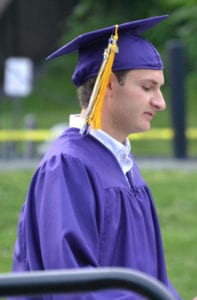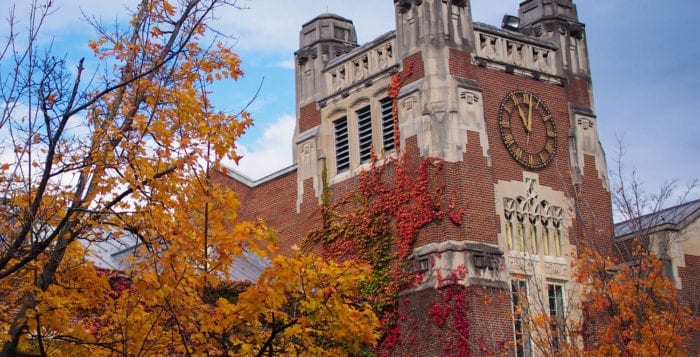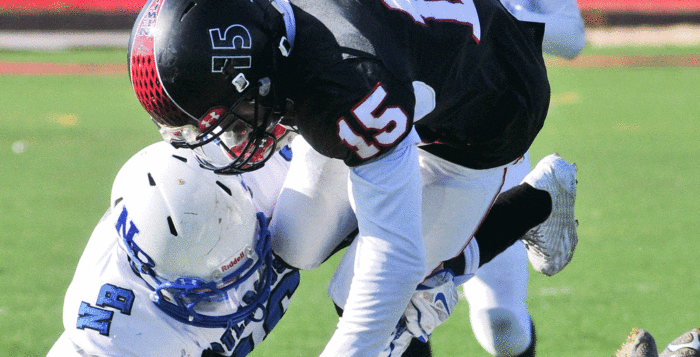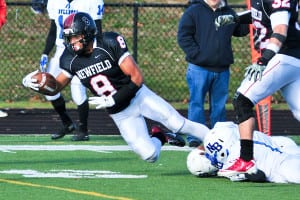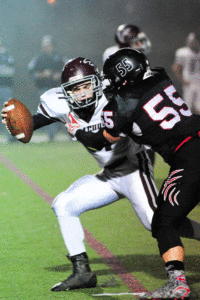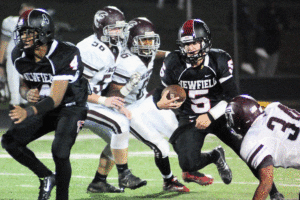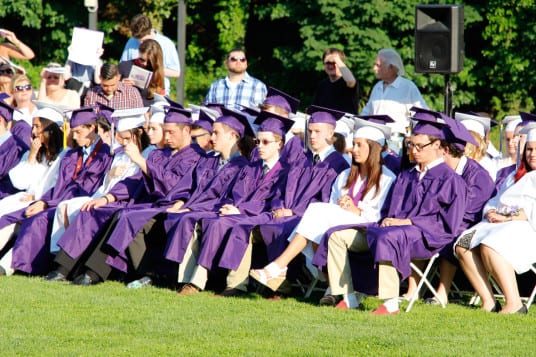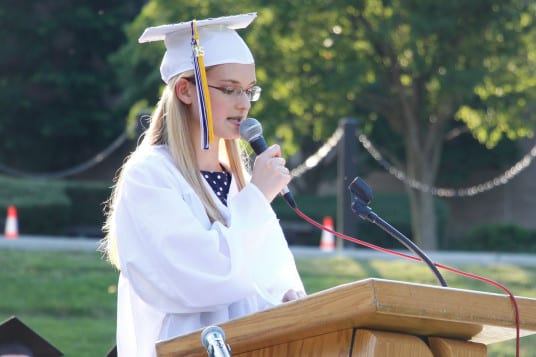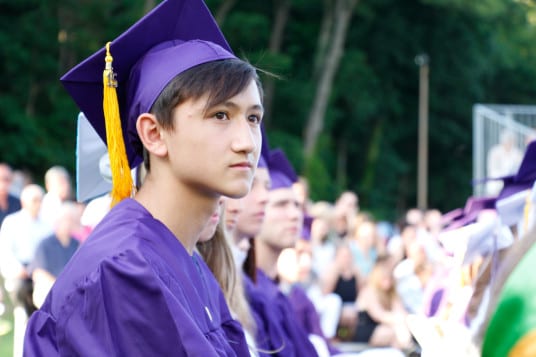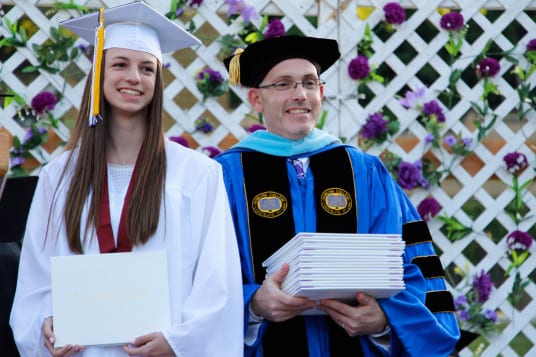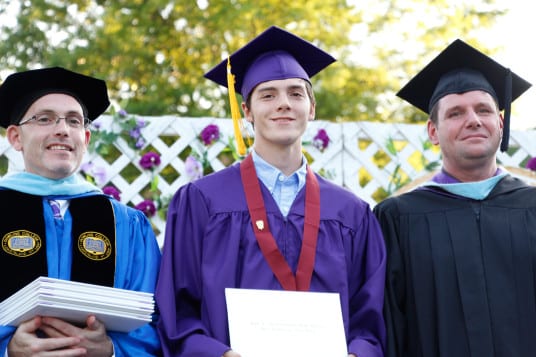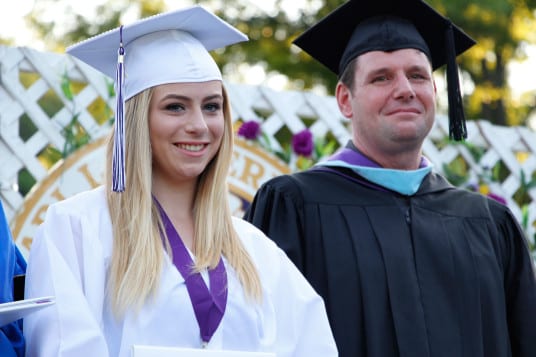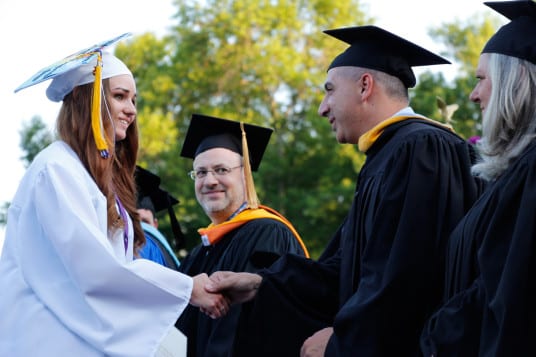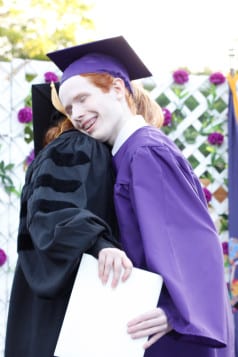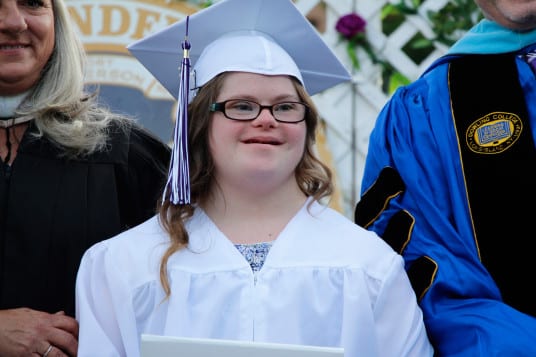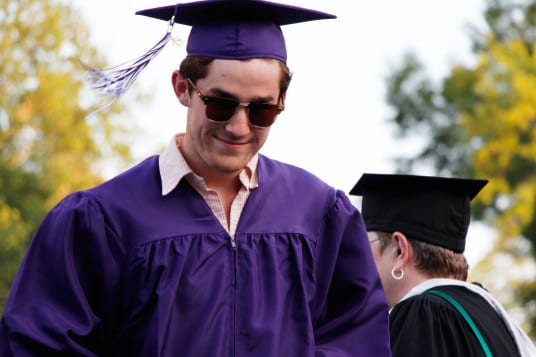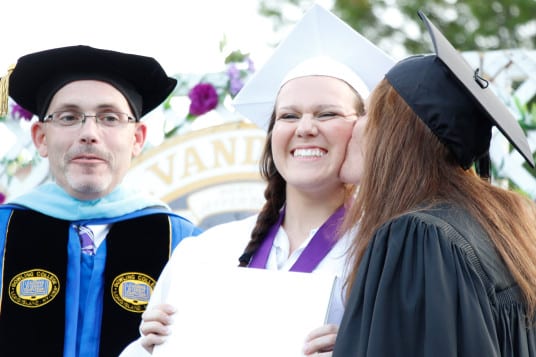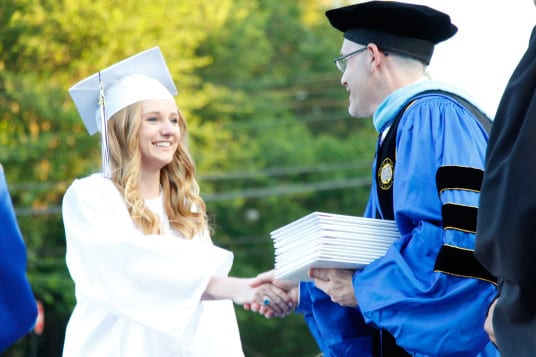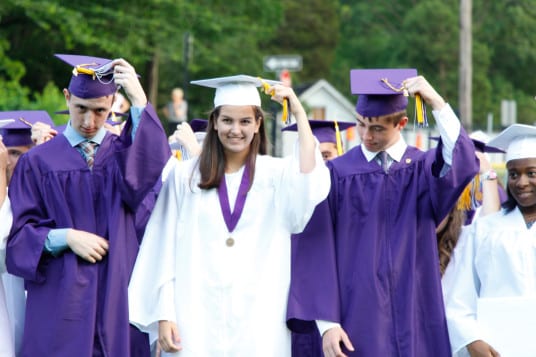By Leah Dunaief

Probably the worst part of the fraud committed by parents to get their children into top colleges is the message it sends to their children. The parents are saying plainly that the children are not capable of succeeding on their own. Regardless of what they may have told their children, actions speak louder than words, and these parents have demonstrated that in order to succeed, one has to lie, cheat, bribe and otherwise con one’s way to the goal.
And what is the goal here? Just getting into college, not making a million-dollar deal or getting on Easy Street for life. Yes, a college degree usually helps a person to get a better job. It also supposedly helps that person to become a more developed human. But a college graduate is merely on the threshold of the rest of his or her life, with no guarantees of any sort except the number of years one has spent in schools.
There are colleges considered top tier, but they promise nothing more than a sheepskin if one passes all the requisite courses. Are the professors better in a top-tier college? One might think that. Or one might suspect that some of the big name faculty use postgraduate teaching assistants to do the daily teaching with little student contact while they do research, travel to give lectures and win grants, contributing to the university’s standing more than to that of the students’ education. A top college degree might be a good name to drop in social circles, but in a long life performance is ultimately what counts.
Who gets the benefit of that name? Is it the child? Or is it the parents when relating the successes of their offspring? I remember a cartoon in one of the magazines about the time my children were going through that nerve-racking period of receiving acceptances — and rejections. In the center of the cartoon was the back of a car, with a close-up of the rearview window. And at the bottom left corner of the window, proudly displayed, was the sticker of the desired college, followed by the words, “also accepted in” with the other top-tier college stickers paraded across the width of the glass. Exactly whose victory was that touting? Why, that of the parents, of course. Many of the kids probably didn’t have a car or couldn’t even drive yet.
Now let’s be honest here. Some parents have always tried to help their kids succeed, whether by throwing in a hand with the eighth-grade science project or polishing French pronunciation. And those parents who could afford it have sometimes made lavish donations to colleges in the hopes of aiding the admissions process. But those donations, if they build a new room for the library or contribute to the purchase of equipment in the lab, ultimately help many students. Most important, they are visible and not dishonest. And whether we like it or not, people with more money sometimes use their money to their own advantage. Even the ability to pay for tutoring for the SATs divides the students into the haves and the have-nots. But that’s not illegal.
The other truism is this. Whether in college or in life or just inputting on a computer, garbage in means garbage out. If a student is committed and diligent about studying in college, and there are many good colleges in this country, that student will benefit from the college experience. The opposite is also true. It doesn’t so much matter where one goes to college, but rather what one gets from the college in addition to the piece of paper documenting one’s attendance and tuition payments.
My granddaughter is a high school senior this year and waiting to hear where she will go for the next four years. We all are waiting to hear with her. She has already received acceptances so she knows she will be a college student by fall. Wherever she goes, she will get there honestly and because of the exceptional person that she is. We are so proud of her.



